Levomac 250 Tablet
Levomac 250 MG Tablet is a medicine that is a member of the fluoroquinolone antibiotic family. It fights against bacterial infections like tuberculosis, pneumonia, laryngitis, cellulitis, gastroenteritis, acute or chronic bronchitis, urinary tract infections, tonsillitis, anthrax and plague. This antibiotic also treats infections of the pelvis, kidney, prostate and skin.
Levomac 250 MG Tablet may also be used for uncomplicated skin and skin structure infection (due to S. aureus or S. pyogenes) and complicated urinary tract infection due to gram-negative Enterobacter sp, including acute pyelonephritis (caused by E. coli).
Levomac 250 MG Tablet works by killing the bacteria that are causing an infection. It hinders the process of cell replication and cell division, within the cell of the bacteria, by inhibiting the synthesis of the DNA gyrase enzyme. Without this enzyme, the cell of the bacteria cannot survive or grow. Hence, Levomac 250 MG Tablet behave as bactericide.
Levomac 250 MG Tablet fights against bacteria that are Gram-positive as well Gram-negative. This broad-spectrum antibiotic is effective in inhibiting the synthesis of enzymes called DNA gyrase, which is essential to the process of replication and division of bacterial cells. Thus, Levomac 250 MG Tablet inhibits the cell division of the bacteria, making it impossible for them to survive. This makes it effective in treating bacterial infections.
The doctor will prescribe instructions for taking Levomac 250 MG Tablet according to your condition, the severity of that condition and the other medications you are taking. It is important to complete the course that the doctor prescribes, even if the symptoms disappear, or else the infection might recur. Do not double up the dosage to make up for a forgotten one, as an excess of this medicine can lead to overdosing.
This antibiotic can be harmful for children, breast-feeding mothers and pregnant women. Therefore, it is advisable for them not to take Levomac 250 MG Tablet. In some cases, for patients suffering from certain other conditions, it is advisable not to take Levomac 250 MG Tablet.
You should inform your doctor before beginning a prescription of Levomac 250 MG Tablet If you also suffer from conditions like-
Myasthenia gravis,
Heart disease,
Liver damage,
Tendonitis,
Kidney failure and Diabetes.
Although this rarely occurs, it is possible, for you to have an allergy to Levomac 250 MG Tablet. An allergic reaction would cause symptoms such as hives, swollen lips, face or tongue, severe skin rashes, sore throat, rapid heart rate and difficulty breathing. It is advisable to stop taking this medicine immediately, if you experience the symptoms of an allergic reaction and consult with your doctor.
Information given here is based on the salt content of the medicine. Uses and effects of the medicine may vary from person to person. It is advisable to consult a Internal Medicine Specialist before using this medicine.
Related product
Levomac 250 Mg Tablet
Levomac 500 Mg Tablet
Levomac OZ Tablet
Levomac 500 Infusion
Use
The most common use of this medication is:
Sinusitis
Urinary Tract Infection
Chronic Bronchitis
Community Acquired Pneumonia
Skin And Structure Infection
Pyelonephritis
Side Effects
This medicine causes side effects such as:
Dizziness
Headache
Insomnia
Nausea
Vomiting
Diarrhoea
Constipation
Tremor
Arthralgia
Hypertension
Bradycardia
Tachycardia
Seizures
Thrombocytopenia
Jaundice
Acute Renal Failure
Arrhythmia
Dosage
Are there any missed dose instructions?
If you miss a dose of Levomac 250 MG Tablet, take the missed dose as soon as you remember. If it’s almost time for your next dose, skip the missed dose. Do not double your dose to make up for the missed dose.
Are there any overdose instructions?
Seek emergency medical treatment or contact the doctor in case of an overdose.
Work
This medication belongs to the class fluoroquinolones. It works as a bactericidal by inhibiting the bacterial DNA gyrase enzyme, which is essential for DNA replication, transcription, repair, and recombination. This leads to expansion and destabilization of the bacterial DNA which causes cell death.

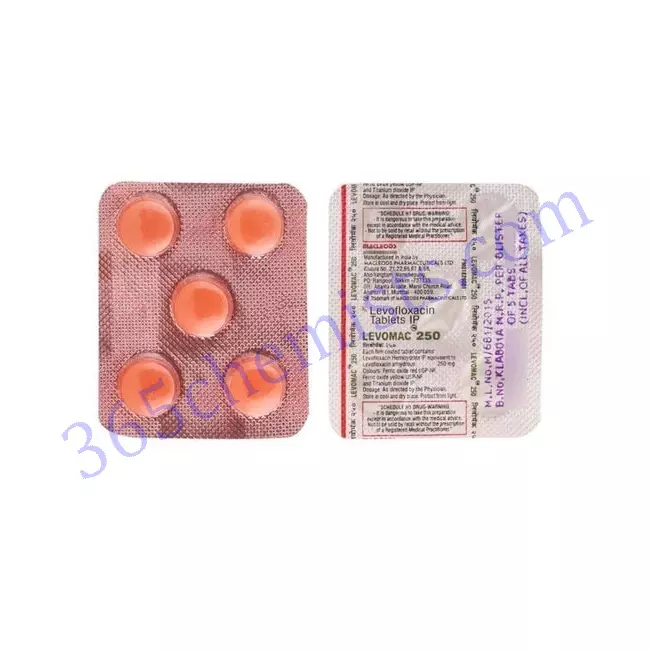

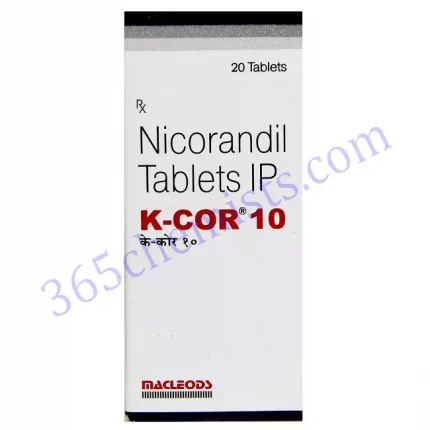
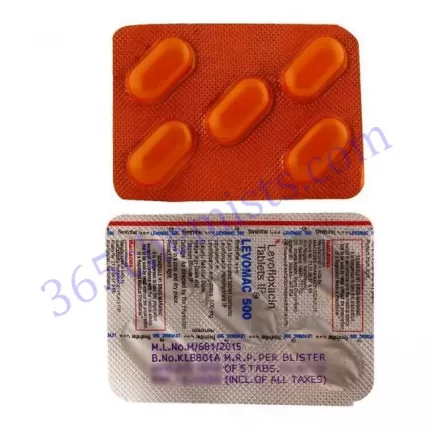


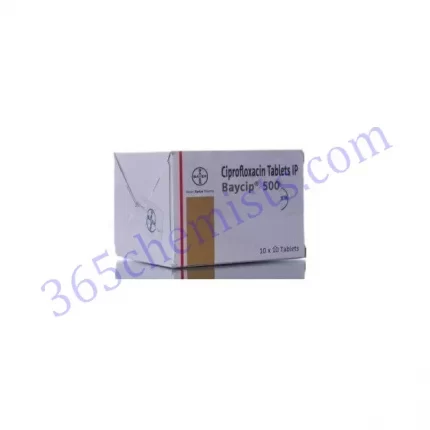
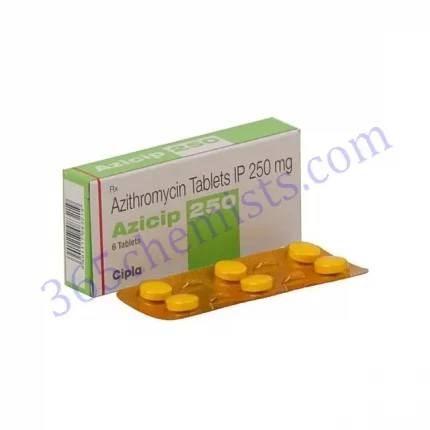

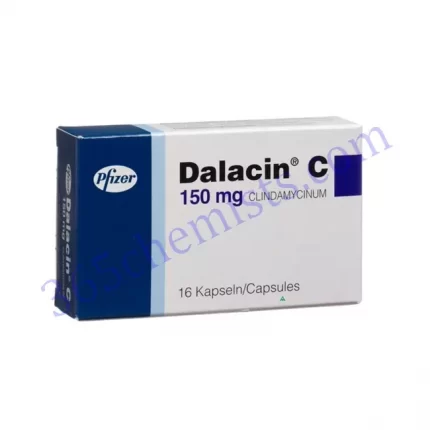

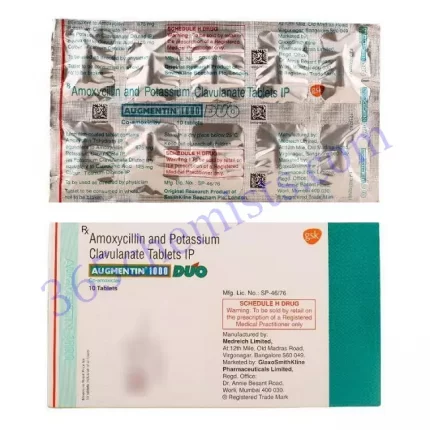
Reviews
There are no reviews yet.